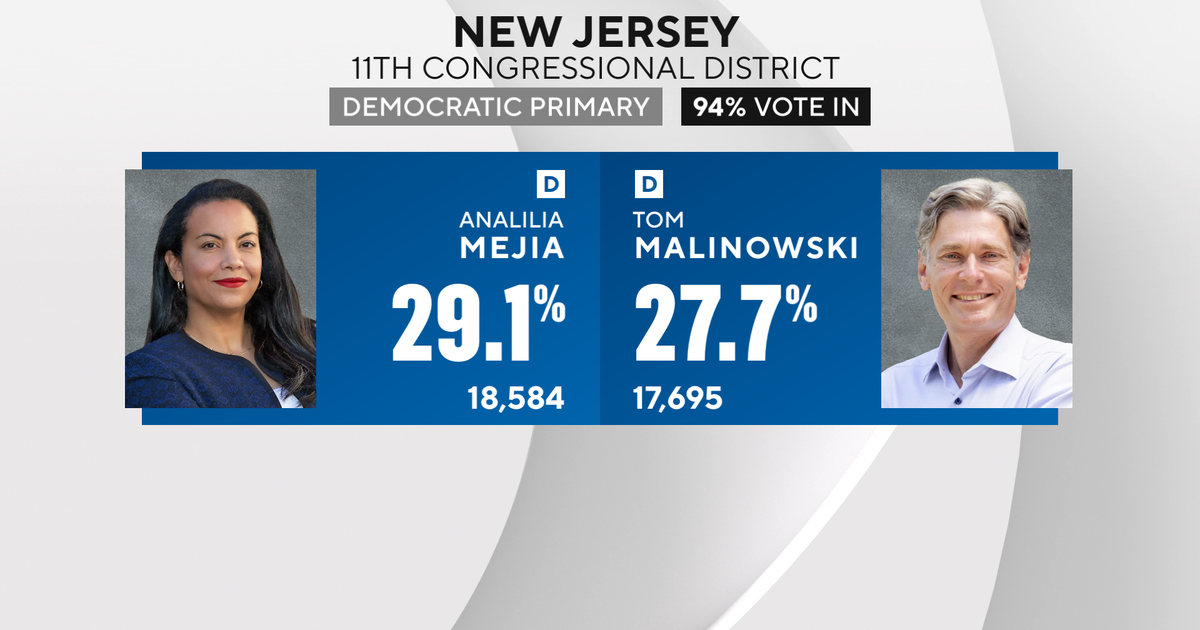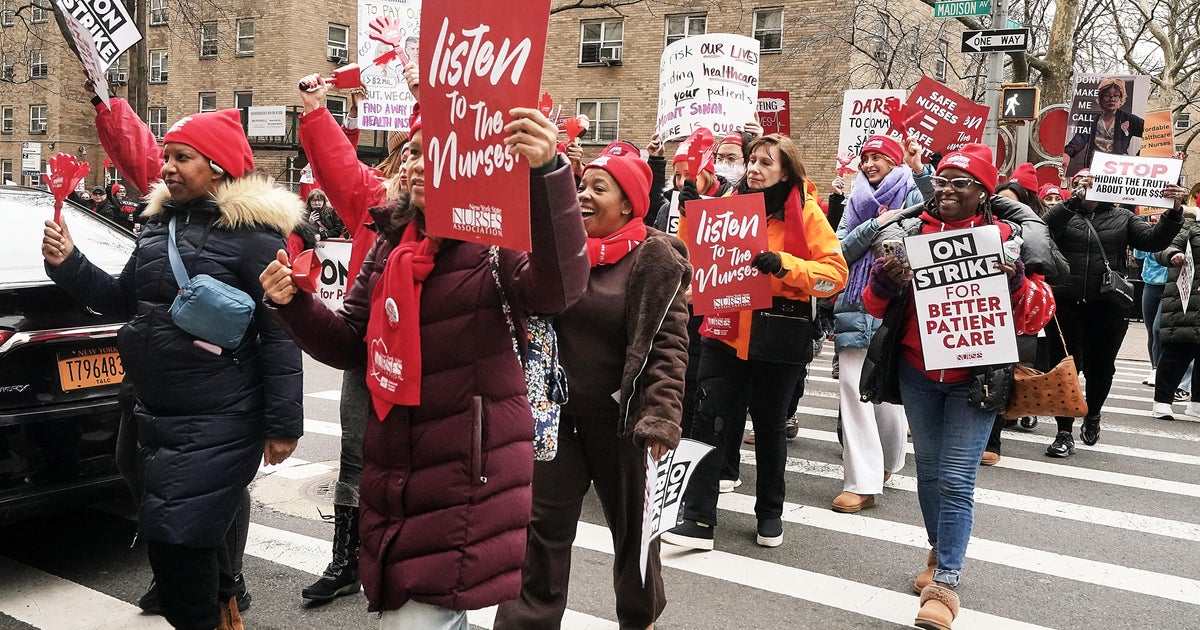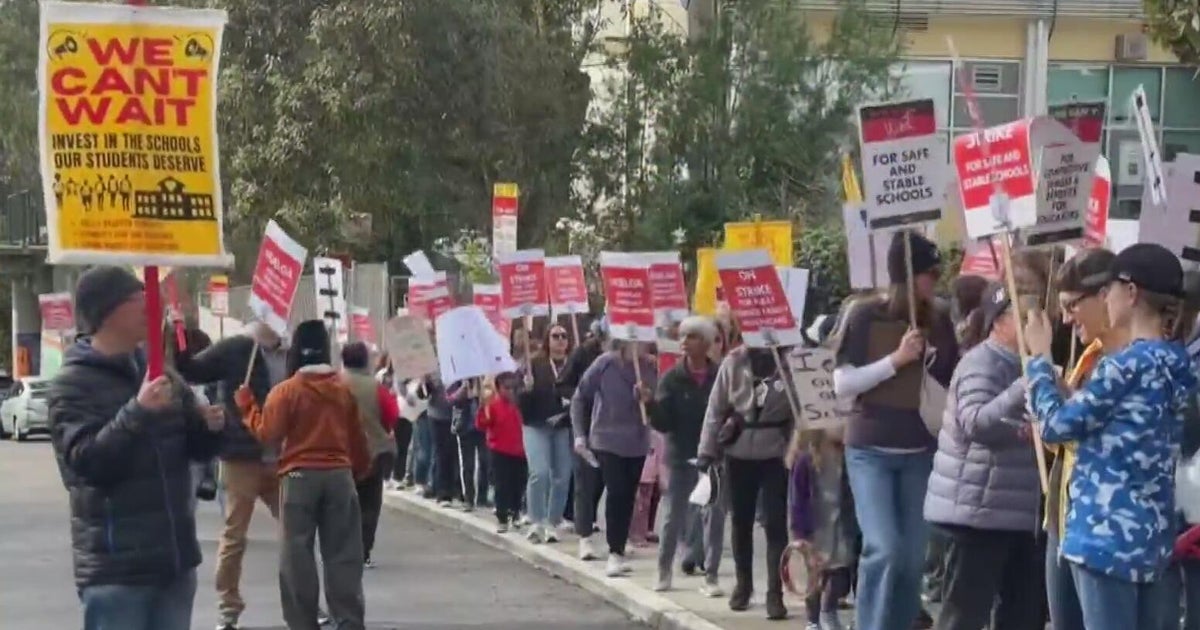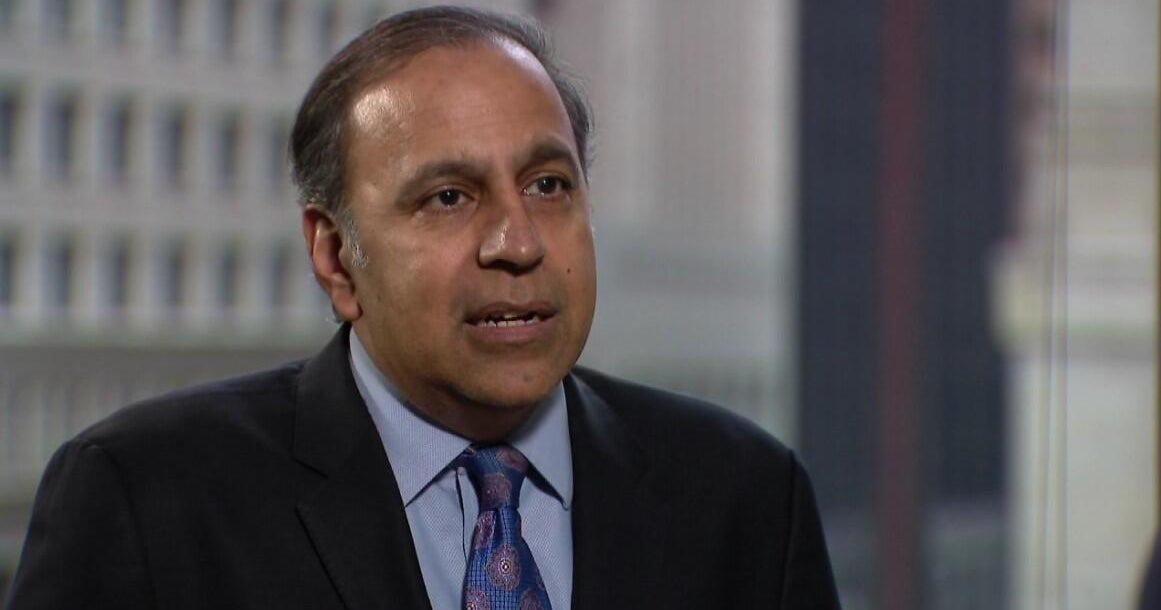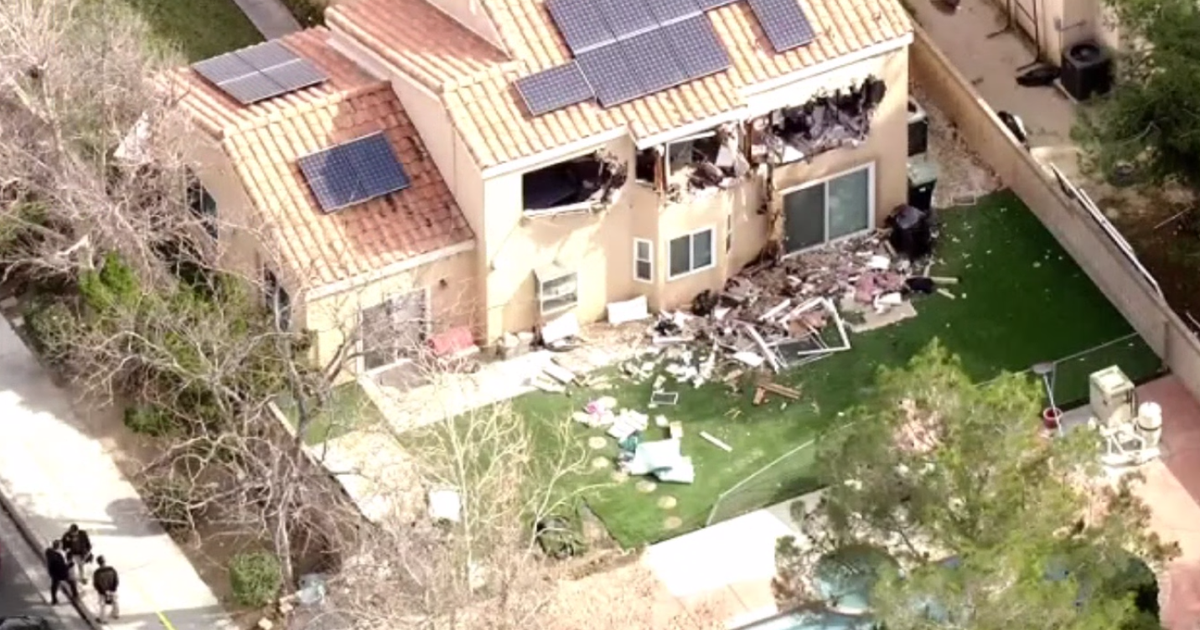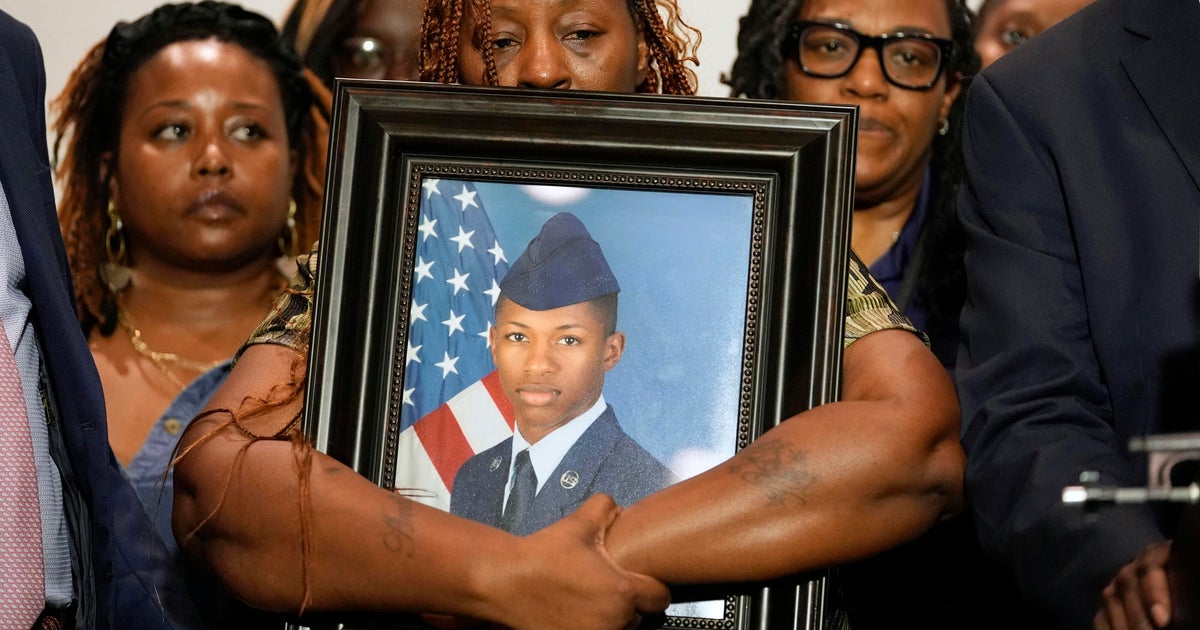Gambling Plans Melt Down In Florida Senate
Follow CBSMIAMI.COM: Facebook | Twitter
TALLAHASSEE (CBSMiami/NSF) -- A proposal that would have ratified a $3 billion gambling deal between the state and the Seminole Tribe folded Tuesday in the Senate, indicating the bill is doomed for the legislative session that ends next week.
Publicly, Senate leaders held out the slim hope that a gambling agreement could still be reached before the March 11 finale of the session.
"Never say never. It's not over," Senate President Andy Gardiner, an Orlando Republican who has consistently opposed any expansion of gambling, told The News Service of Florida Tuesday afternoon.
But privately, leading lawmakers in both chambers acknowledged that the effort is dead.
"It's certainly on life support. Procedurally, it will be difficult to make it to the floor," said Senate Regulated Industries Chairman Rob Bradley, a Fleming Island Republican who has sponsored his chamber's gambling measure.
The collapse of the proposal came a day after a key House committee approved a sweeping bill (HB 7109) intended to bring the two chambers' gambling measures closer together.
The Senate Appropriations Committee was supposed to hear its version (SB 7202) Tuesday, but Bradley asked that it be postponed. Committee Chairman Tom Lee told reporters late Tuesday he hadn't decided whether to hold another meeting, and, even if he does, it is unclear whether the gambling bill would be introduced.
Senate leaders blamed the demise of the legislation on the pari-mutuel industry. The House and Senate plans would have allowed slot machines in at least five new counties and included a number of other perks for dog and horse tracks and jai alai operators.
"The bill had a lot of ornaments added to it, and the tree eventually gets too many ornaments and it falls over," Bradley said Tuesday.
Bradley, along with Rep. Jose Felix Diaz, had worked alongside Gov. Rick Scott's general counsel for months in negotiations with the Seminoles to reach a deal.
Scott and tribal leader James Billie signed the agreement, called a "compact," in December, but lawmakers insisted it would have to be amended in order to get the requisite support from the House and Senate. Under the proposed compact signed by Scott, the tribe pledged to pay $3 billion to the state over seven years in exchange for being allowed to add craps and roulette to its casino operations.
The compact also would have allowed for slots in Palm Beach County, where voters have approved them, and at a new facility in Miami-Dade County without affecting the revenue-sharing agreement.
The proposed addition of slots in five other counties where voters have also signed off on them --- and at potentially more sites in the future --- proved the death knell for the legislation.
"Some people view what I call the wealth redistribution bill, which is the ransom being demanded by the industry to pass a compact, as untenable because it results in a massive, historically large expansion of gambling in Florida. Then you have a group of people who believe we should let the litigation work itself out and then you have folks who are trying to broker a deal and get something done. There's not enough people in any one of those groups to pass a piece of legislation right now," Lee, R-Brandon, said.
Gambling lobbyists, meanwhile, pointed the finger at Senate leaders for killing the bill. Critics have accused Gardiner of wanting to protect Orlando theme parks, which oppose expansions of gambling.
"There are many folks in leadership in the Senate who never wanted a gaming bill and were probably surprised that the House had taken such meaningful action," said Brian Ballard, a lobbyist who represents the Palm Beach Kennel Club.
Ballard said the Senate would have passed the measure had it reached the floor for a full vote.
"So the only way to stop it is to have it not available for the Senate floor," he said.
But Gardiner said Bradley made the decision to delay consideration of the bill Tuesday.
"The bills that have been amended in many ways have very little to do with the compact. It is about the expansion of gambling. Five other counties plus give everybody a hall pass for a referendum to get on board to also have slots," Gardiner, R-Orlando, said. "All these gambling bills, everybody gets greedy and they die under their own weight."
Diaz, chairman of the House Regulatory Affairs Committee, said he was surprised by what happened in the Senate.
"It's confusing. Was this always the plan? Was there some change of heart? Was there something in particular that killed it? What was the cause? Nobody's determined the cause of death yet," Diaz, R-Miami, said.
Lawmakers could revisit the gambling proposal during a special session, an unlikely scenario in an election year --- especially one in which every senator who is seeking reelection will be on the ballot.
Or they could grapple with the issue during next year's regular session, "but we would essentially have to start from scratch," Diaz said.
They could also do nothing, while two lawsuits play out in court. One of those lawsuits involves the expiration of part of a 2010 deal between the Seminoles and the state, while the other involves whether a small horse track in Gadsden County should be allowed to offer slot machines.
Barry Richard, a lawyer for the tribe, said Scott and lawmakers wanted to negotiate a new deal after an agreement giving the Seminoles exclusive rights to operate banked card games, such as blackjack, expired last summer. Richard described the proposed compact signed in December as a "hard-fought" agreement reached by "very competent people."
Richard said it was too early to write off the gambling proposals.
"Everybody recognizes the issue is the pari-mutuels. To me, it makes no sense. And that's why I'm not assuming that it's over," he said.
Richard said he could not predict what a new round of talks with the tribe would bring.
"I don't know any other thing that can be negotiated," he said.
"The News Service of Florida's Dara Kam contributed to this report."
